Oyster Mushrooms: 6 Potential Health Benefits And Nutrition Facts
Boost your immune system and improve your heart health with these gilled mushrooms
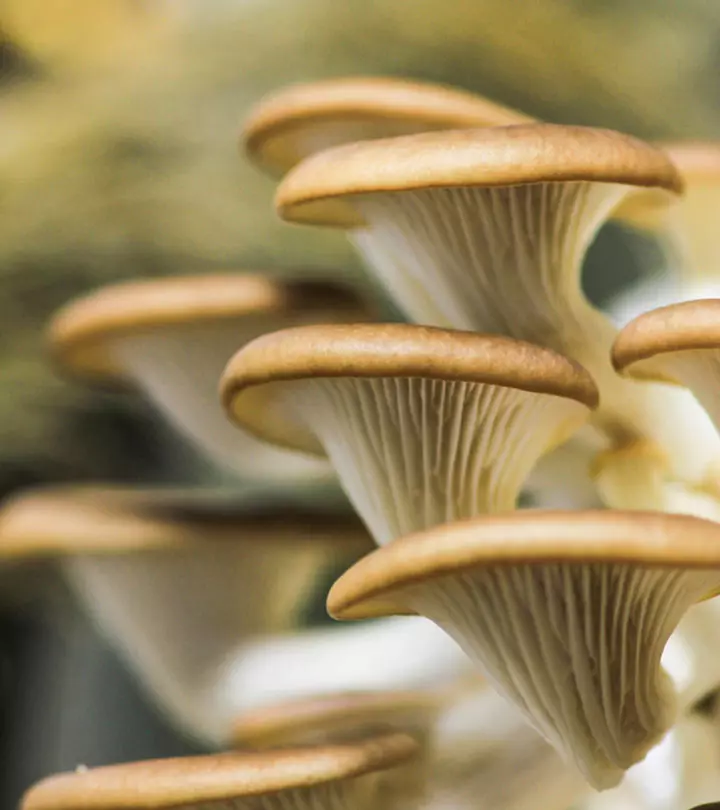
Image: Shutterstock
With an appearance similar to that of oysters, the benefits of oyster mushrooms are many. These mushrooms (Pleurotus ostreatus) reduce the risk of cancer, support the immune system, lower blood sugar levels, and improve heart health. These gilled mushrooms are rich in antioxidants, nutrients, and other therapeutic compounds. They have medicinal properties and have been used in traditional medicine for centuries. Keep reading to learn more about the nutritional facts, types, health benefits, and associated side effects of oyster mushrooms.
 Know Your Ingredient: Oyster Mushrooms
Know Your Ingredient: Oyster MushroomsWhat Is It?
It is a type of edible fungi and resembles the shape and color of a freshly-shucked oyster.
What Are Its Benefits?
It may help reduce cholesterol and blood sugar levels, improve heart health, and boost immunity.
Who Can Use It?
Due to its health benefits, it can be consumed by all, but people with type-2 diabetes will find it more beneficial.
How Often?
You can eat oyster mushrooms daily in small quantities as a part of a balanced diet.
Caution
Avoid consuming oyster mushrooms if you experience any inflammation in your lungs or other allergic symptoms.
In This Article
What Is Oyster Mushroom?
Oyster mushrooms are a type of edible fungi. They feed on dead and decaying material like wood, and their cap can grow between two to 10 inches. They are available in different colors, ranging from white to dark brown, and have a mild taste and odor similar to anise. You can add them to soups, stir-fry recipes, egg dishes, and as a topping for pasta.
Oyster mushrooms are available in different varieties. Let’s take a look.
 Trivia
TriviaKey Takeaways
- Oyster mushrooms are available in different varieties loaded with a wide variety of vitamins and minerals.
- These mushrooms may lower the risk of cancer, boost the immune system, reduce blood sugar, and promote heart health.
- They can be used in soups, stir-fries, egg dishes, and pasta toppings.
- Excessive consumption of oyster mushrooms may result in respiratory issues, fever, joint pain, and chills.
Types Of Oyster Mushrooms
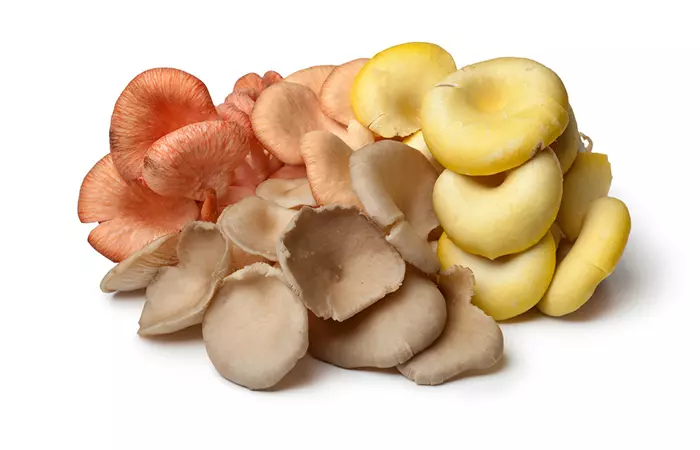
- King Oyster Mushrooms: They are also known as king trumpet mushrooms. These mushrooms have a meaty, umami flavor and are often used as a vegan-friendly option.
- Pearl Oyster Mushrooms: These are the most common type of oyster mushrooms. They have a milder and more tender flavor than shiitake mushrooms.
- Blue Oyster Mushrooms: They appear dark blue when they bloom but gradually turn gray as they mature. It has a chewy texture and is often preferred as a meat replacement.
- Golden Oyster Mushrooms: They have a bright gold color, a vibrant flavor with delicate flesh, and a distinct fragrance. Golden oyster mushrooms have a short shelf-life.
- Pink Oyster Mushrooms: These mushrooms have a bright pink color that fades when exposed to heat. They have a pungent flavor and tastes like bacon.
- Phoenix Oyster Mushrooms: They look and taste like pearl oyster mushrooms. The only difference is that their caps are smaller, they have a pale lilac color and longer stem.
 Trivia
TriviaOyster mushrooms are loaded with a wide variety of vitamins and minerals. Here is the breakdown of the nutritional value of oyster mushrooms.
Nutritional Breakdown Of Oyster Mushrooms
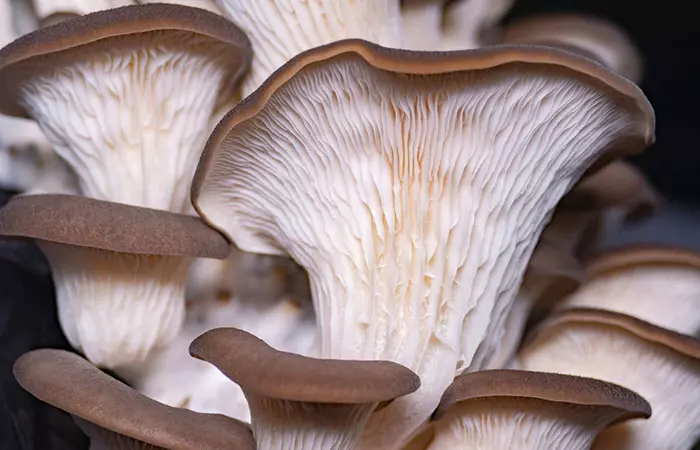
According to the U.S. Department Of Agriculture, a hundred grams of oyster mushrooms contains (1):
- Calories: 33 kcal
- Protein: 3.31 g
- Fat: 0.41 g
- Carbohydrate: 6.09 g
- Dietary fiber: 2.3 g
- Calcium: 3 mg
- Iron: 1.33 mg
- Magnesium: 18 mg
- Phosphorus: 120 mg
- Potassium: 420 mg
- Sodium: 18 mg
- Thiamin: 0.125 mg
- Pantothenic acid: 1.29 mg
- Niacin: 4.96 mg
- Folate: 38 µg
All these nutrients make oyster mushrooms a healthy and nutritious dietary option for weight loss with immense health benefits. Oyster mushrooms are particularly rich in beta-glucans, a type of fiber that supports immune function and heart health (2). While other mushrooms also offer health benefits, oyster mushrooms stand out for their unique nutritional profile and potential disease-fighting properties. Check out their health benefits below.
Health Benefits Of Oyster Mushrooms
Are mushrooms good for our health? Well, yes, there are various mushrooms benefits for our health. Here are some reasons why you must consume them regularly.
1. Loaded With Antioxidants
Oyster mushrooms are great sources of antioxidant phenolic compounds like variegatic, ergothioneine, and gallic acids (3), (4), (5). These antioxidants neutralize free radicals, inhibit oxidative damage, and may help reduce LDL cholesterol (bad cholesterol) (6), (7).
2. Improve Heart Health

Consuming oyster mushrooms may reduce the risk of cardiovascular diseases. They contain beta-glucans, which have antihypertensive effects and can lower LDL-cholesterol levels (2). Moreover, the dietary fiber in oyster mushrooms may prevent hypercholesterolemia (high cholesterol level) (8).
A review published in the International Journal of Molecular Sciences suggests that polysaccharides in mushrooms reduce the risk of cardiovascular disease. Consuming oyster mushrooms can reduce the total cholesterol and triglyceride levels (9), (10). However, more studies are needed to understand this benefit on humans.
3. Lower Blood Sugar Levels
The dietary fiber in P. ostreatus prevents insulin resistance (11). A study conducted by the University of Jayewardenepura, Sri Lanka, found that freeze-dried and powdered forms of P. ostreatus at a dose of 50 mg/kg/body weight reduced blood glucose concentrations (12).
Another study showed that oyster mushrooms significantly reduced blood glucose levels in people with diabetes. The mushrooms can increase glycemic status and help manage type 2 diabetes (13), (14).
4. Support Immune Function
Golden oyster mushrooms may contain other immune regulative compounds like vitamin D2 and support immune health (15). A study observed that consuming oyster mushrooms for eight weeks could enhance natural killer (NK) cells (a part of the immune system) and protect against several diseases (16).
The imunoglucan in oyster mushrooms can prevent recurrent respiratory tract infections (RRTIs) (17). Oyster mushrooms are also effective against Herpes Simplex Virus type-1 (HSV-1) (18).
5. May Reduce Cancer Risk
The protein extracts of oyster mushrooms have anti-cancer effects and may inhibit the proliferation of breast and colon cancer cells (19), (20). A study conducted by the Methodist Research Institute, USA, found an inverse relationship between oyster mushroom intake and cancer risk (21).
Water extracts of edible mushrooms like oysters have the potential to suppress cancer cell proliferation, especially breast cancer cells (22). However, more studies are needed to understand the anti-cancer effect of oyster mushrooms in humans.
6. Have Anti-inflammatory Properties
Animal studies showed that oyster mushrooms possess anti-inflammatory properties and helped reduce inflammatory conditions (23).
Another study concluded that biotechnologically produced oyster mushroom supplementation improved gut health in obese Zucker rats (24). However, limited studies are available to prove this claim.
If you have never tried oyster mushrooms before, here are a few ways to incorporate them into your diet.
How To Eat Oyster Mushrooms
Preparing oyster mushrooms is a simple and straightforward process. Start by cleaning the mushrooms with a damp cloth or a gentle brush to remove any dirt. You may then trim the tough ends of the stems. Avoid soaking the mushrooms in water as they tend to absorb moisture.
Oyster mushrooms are known for their delicate flavor. They also absorb the flavors of the ingredients they are cooked with and are excellent when sautéed with a touch of olive oil or butter, some garlic, and fresh herbs. Overall, they are a versatile ingredient. You can use them in the following ways:
- Use them as pizza toppings.
- Add them to sauces, soups, pasta, and gravy.
- Enjoy sautéed oyster mushrooms as a side dish.
- Use them in frittatas, omelets, and quiches.
A blogger cultivated oyster mushrooms in their garden and shared their insights, “They are more tender when small, but not nearly as umami and tasty. It’s the difference between veal and beef, and I have never been a fan of veal. Of course, if you want a milder flavor and softer texture, pick them smaller (i).”
You can also try these delicious oyster mushroom recipes at home.
3 Easy And Delicious Recipes With Oyster Mushrooms
1. Oyster Mushrooms Soup
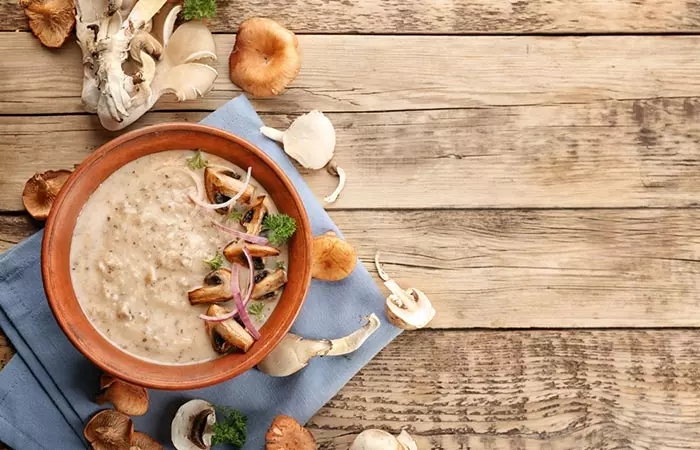
What You Need
- 1 stalk of oyster mushrooms, roughly chopped
- 2 cups of water
- 2 stalks of chopped green onions
- 3-4 ginger slices
- 1 egg
- 1 teaspoon of salt
- Sesame oil, as needed
- White pepper powder, as per taste
Process
- Boil ginger and oyster mushroom on medium-high heat.
- Add salt and boil for 2 minutes.
- Heat a separate pan and break the egg into it. Wait until it starts to cook.
- Add the green onion to the pan and stir.
- Pour the soup into a container. Add the eggs. Drizzle sesame oil, sprinkle white pepper powder, and serve.
2. King Oyster Mushroom Fry
What You Need
- 1 pound king oyster mushrooms
- 8 garlic cloves
- 5 tablespoons of vegetable oil
- 6 ginger slices
- 5 long hot peppers
- ½ teaspoon of sugar
- 1 tablespoon of spicy bean sauce
- 1 tablespoon of light soy sauce
Process
- Slice oyster mushrooms in half lengthwise. Do not cut completely.
- Heat oil in a wok and fry the mushrooms (both sides) until they are golden brown and tender. Keep it aside.
- Heat oil in the pan and cook the ginger for a minute. Add garlic and cook for a few seconds.
- Stir in the spicy bean sauce and cook for another 30 seconds.
- Add the mushrooms, light soy sauce, and sugar.
- Add the peppers and stir-fry for 2 minutes.
- Serve hot.
3. Oyster Mushroom And Barley Rissotto
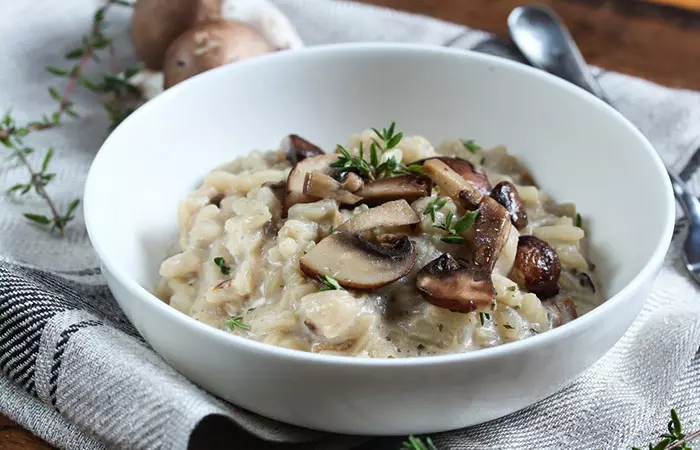
What You Need
- 1 lb thinly sliced oyster mushrooms
- 6 cups of water
- 2/3 cups of brown or white basmati rice
- ½ cup of vegetable broth
- 1 teaspoon of olive oil
- ⅔ cup of pearl barley
- ¼ cup grated Parmesan cheese
- ¼ teaspoon of ground pepper
Process
- Boil water in a large saucepan and add rice and barley to it.
- Reduce the heat to low and simmer uncovered for 45 minutes. Stir occasionally.
- Heat olive oil in a large frypan.
- Sauté the mushrooms on medium heat for 8-10 minutes or until they are tender.
- Add cooked barley rice mix to the mushrooms and stir.
- Add broth, cheese, and pepper.
- Stir until the cheese melts, and the mixture is creamy.
Nutritionist Maryam Azhar says, “Oyster mushrooms must be sautéed or steamed for just 5-6 minutes to get maximum benefits. If mushrooms are cooked on high heat or fried, they can lose their nutritional content.”
Ensure you do not overcook the mushrooms and always eat fresh ones. However, you can store them for a few days before eating. Here are a few tips for storing them properly.
How To Store Oyster Mushrooms
Place the mushrooms in a loosely closed plastic bag in the refrigerator to keep them fresh for 5 to 7 days. Freeze them for 1 to 3 minutes and drain thoroughly. Seal in airtight bags and place in the freezer. You can store dry oyster mushrooms in the oven at 150°F for an hour and store them for longer periods. However, make sure you do not consume excess oyster mushrooms as it may cause adverse effects.
Possible Side Effects Of Oyster Mushrooms
Oyster mushroom contains ostreolysin, a toxic protein. Animal studies found that this protein may cause respiratory issues and increase arterial blood pressure (25). However, its effects on humans are not known.
Oyster mushrooms may also trigger symtpoms of hypersensitivity pneumonitis, an inflammation of small airways in the lungs and cause fever, joint pain, and chills (26).
Oyster mushrooms are rich in zinc. If consumed in large quantities for a long time, they may cause copper deficiency, which might reduce the WBC count and affect the immune system.
Also, in rare cases, mushrooms may be contaminated with heavy metals. Hence, always get the mushrooms from a trusted source and farms that follow proper agricultural practices.
Check out the following video that reveals the amazing health benefits of oyster mushrooms! Learn how they can help with diabetes, cardiac issues, and weight loss.
Infographic: 6 Reasons To Consume Oyster Mushrooms
Oyster mushrooms are considered one of the healthiest mushrooms. They have been used in traditional medicines for centuries as they are rich in nutrients and antioxidants. Consuming oyster mushrooms can do wonders for your body. The infographic below discusses the 6 top reasons why these mushrooms should be a part of your diet. Scroll down to check it out.

Illustration: StyleCraze Design Team
To Conclude
Oyster mushrooms are gilled mushrooms with many therapeutic values. They are rich in vitamins, minerals, and antioxidants that help treat many ailments. The benefits of oyster mushrooms are many. They may help improve heart health, lower blood sugar levels, support immune function, and reduce cancer risk. They are available in different types, and you can easily prepare many delicious recipes at home. However, they may also cause respiratory issues and inflammation in the airways and increase arterial blood pressure in some. Hence, limit their consumption and consult your doctor in case of emergencies.
Frequently Asked Questions
Are oyster mushrooms suitable for all?
Most people can safely include oyster mushrooms in their diet. However, individuals with mushroom allergies should avoid them. Additionally, it is important to cook oyster mushrooms thoroughly to ensure they are safe for consumption.
Why are oyster mushrooms considered a superfood?
Yes, oyster mushrooms are superfood. They are loaded with many nutrients like calcium, iron, and folate that promote overall health.
Can you eat oyster mushrooms raw?
Although oyster mushrooms can be eaten raw, they have an unpleasant metallic taste. Hence, it is better to consume oyster mushrooms after cooking them.
Who should not eat oyster mushrooms?
People with mold allergies, as well as individuals on medications to lower blood pressure and blood sugar levels as mushrooms can adversely interact with such drugs.
Are oyster mushrooms high in uric acid?
They are rich in purines, which break down into uric acid in the body.
Are oyster mushrooms considered vegetarian?
They are a part of the fungi kingdom and are usually considered to be vegetarian.
Are oyster mushrooms good for arthritis?
Their anti-inflammatory properties may help alleviate symptoms of rheumatoid arthritis.
Do oyster mushrooms contain vitamin B12?
They are a rich source of vitamin B, but not B12.
Are oyster mushrooms good for weight loss?
Yes. They are low in calories, fat, and cholesterol, which makes them effective for weight loss.
Illustration: Oyster Mushrooms: Nutrition, Benefits, Recipes, And Side Effects
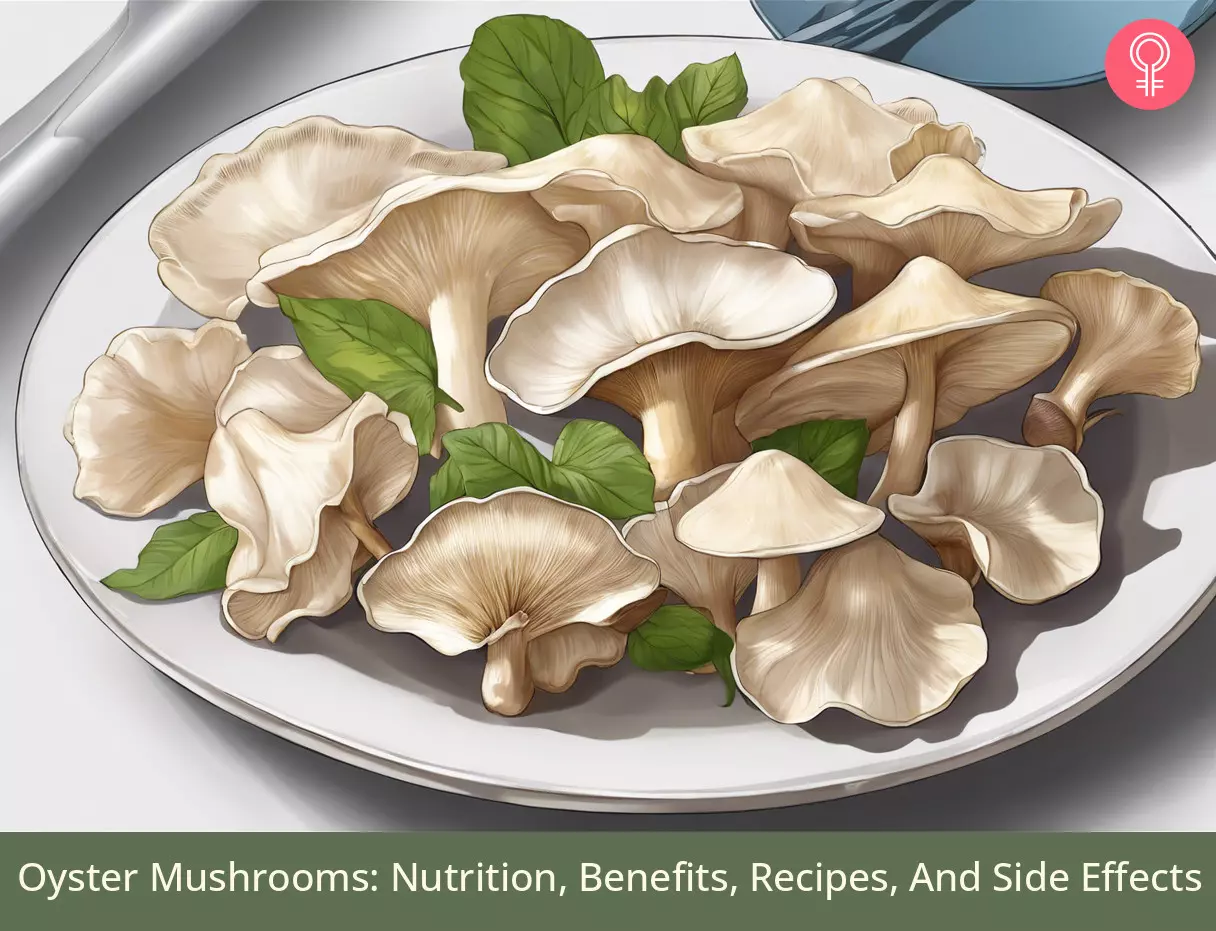
Image: Stable Diffusion/StyleCraze Design Team
Personal Experience: Source
StyleCraze's articles are interwoven with authentic personal narratives that provide depth and resonance to our content. Below are the sources of the personal accounts referenced in this article.
i. The Fall Summation II: Mushroomshttps://albuquerqueurbanhomestead.com/tag/oyster-mushrooms/
References
Articles on StyleCraze are backed by verified information from peer-reviewed and academic research papers, reputed organizations, research institutions, and medical associations to ensure accuracy and relevance. Read our editorial policy to learn more.
- Mushroom oyster
https://fdc.nal.usda.gov/fdc-app.html#/food-details/1750345/nutrients - Effect of the Intake of Oyster Mushrooms (Pleurotus ostreatus) on Cardiometabolic Parameters—A Systematic Review of Clinical Trials
https://www.ncbi.nlm.nih.gov/pmc/articles/PMC7230384/ - Antioxidant and antifungal potential of Pleurotus ostreatus and Agrocybe cylindracea basidiocarps and mycelia
https://pubmed.ncbi.nlm.nih.gov/25483715/ - Antioxidant Activities and Tyrosinase Inhibitory Effects of Different Extracts from Pleurotus ostreatus Fruiting Bodies
https://www.ncbi.nlm.nih.gov/pmc/articles/PMC3741522/ - Is ergothioneine a ‘longevity vitamin’ limited in the American diet?
https://www.ncbi.nlm.nih.gov/pmc/articles/PMC7681161/ - Protective effect of an extract of the oyster mushroom ‘Pleurotus ostreatus’on antioxidants of major organs of aged rats
https://pubmed.ncbi.nlm.nih.gov/17126515/ - Protective Effect of Antioxidant Extracts from ‘Grey Oyster Mushroom’ ‘Pleurotus pulmonarius (Agaricomycetes)’ Against Human Low-Density Lipoprotein Oxidation and Aortic Endothelial Cell Damage
https://pubmed.ncbi.nlm.nih.gov/27279533/ - Modulation of Cholesterol-Related Gene Expression by Dietary Fiber Fractions from Edible Mushrooms
https://pubmed.ncbi.nlm.nih.gov/26284928/ - Clinical and Physiological Perspectives of β-Glucans: ‘The Past’ ‘Present’ and Future
https://www.ncbi.nlm.nih.gov/pmc/articles/PMC5618555/ - Lipid lowering effects of oyster mushroom (Pleurotus ostreatus) in humans
https://www.sciencedirect.com/science/article/abs/pii/S1756464610000630 - Role of edible mushroom as a potent therapeutics for the diabetes and obesity
https://www.ncbi.nlm.nih.gov/pmc/articles/PMC6856246/ - Hypoglycaemic activity of culinary Pleurotus ostreatus and P. cystidiosus mushrooms in healthy volunteers and type 2 diabetic patients on diet control and the possible mechanisms of action
https://pubmed.ncbi.nlm.nih.gov/25382404/ - Oyster mushroom reduced blood glucose and cholesterol in diabetic subjects
https://pubmed.ncbi.nlm.nih.gov/17344789/ - Effects of Pleurotus ostreatus on Blood Pressure and Glycemic Status of Hypertensive Diabetic Male Volunteers
https://www.semanticscholar.org/paper/Effects-of-Pleurotus-ostreatus-on-Blood-Pressure-of-Choudhury-Rahman/bb7fc5cf9c6247af0e41cc4fddeee10f034478ab - A Proinflammatory Effect of the β-Glucan from Pleurotus cornucopiae Mushroom on Macrophage Action
https://www.hindawi.com/journals/mi/2017/8402405/ - Enhancement of the Th1-phenotype immune system by the intake of Oyster mushroom (Tamogitake) extract in a double-blind placebo-controlled study
https://www.sciencedirect.com/science/article/pii/S2225411015001169?via%3Dihub - Immunomodulatory effect of pleuran (β-glucan from Pleurotus ostreatus) in children with recurrent respiratory tract infections
https://pubmed.ncbi.nlm.nih.gov/23261366/ - Antiviral Bioactive Compounds of Mushrooms and Their Antiviral Mechanisms: A Review
https://www.ncbi.nlm.nih.gov/pmc/articles/PMC7926341/ - Anti-Cancer Effects of Protein Extracts from ‘Calvatia lilacina’ Pleurotus ostreatus and Volvariella volvacea
https://www.ncbi.nlm.nih.gov/pmc/articles/PMC3139501/ - Antitumor effect of culinary-medicinal oyster mushroom Pleurotus ostreatus (Jacq.: Fr.) P. Kumm. derived protein fraction on tumor-bearing mice models
https://pubmed.ncbi.nlm.nih.gov/22324408/ - Pleurotus ostreatus inhibits proliferation of human breast and colon cancer cells through p53-dependent as well as p53-independent pathway
https://pubmed.ncbi.nlm.nih.gov/19020765/ - Anti-inflammatory activity of edible oyster mushroom is mediated through the inhibition of NF-κB and AP-1 signaling
https://pubmed.ncbi.nlm.nih.gov/21575254/ - Anti-Inflammatory Activity of ‘Pleurotus ostreatus’ a ‘Culinary Medicinal Mushroom’ in Wistar Rats
https://www.ncbi.nlm.nih.gov/pmc/articles/PMC7077046/ - Influence of a Biotechnologically Produced Oyster Mushroom ( Pleurotus sajor-caju) on the Gut Microbiota and Microbial Metabolites in Obese Zucker Rats
https://pubmed.ncbi.nlm.nih.gov/33497213/ - Toxic and lethal effects of ostreolysin, a cytolytic protein from edible oyster mushroom (Pleurotus ostreatus), in rodents
https://pubmed.ncbi.nlm.nih.gov/16860832/ - Oyster mushrooms (pleurotus ostreatus) caused hypersensitivity pneumonitis: Mushroom worker\’s lung
https://erj.ersjournals.com/content/44/Suppl_58/P4023
Read full bio of Dr. Archna Agrawal
Read full bio of Sindhu Koganti
Read full bio of Ravi Teja Tadimalla
Read full bio of Moksha Gandhi







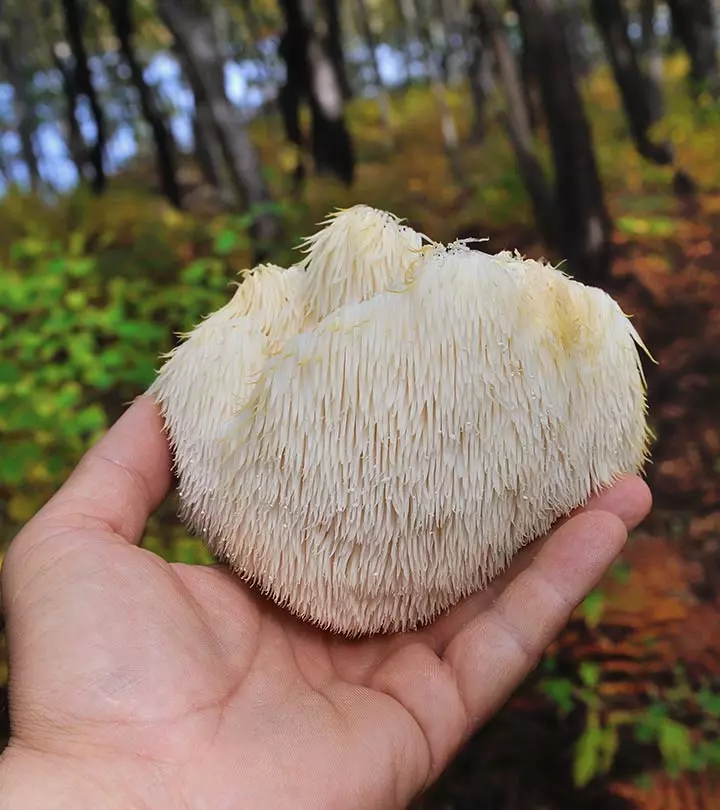

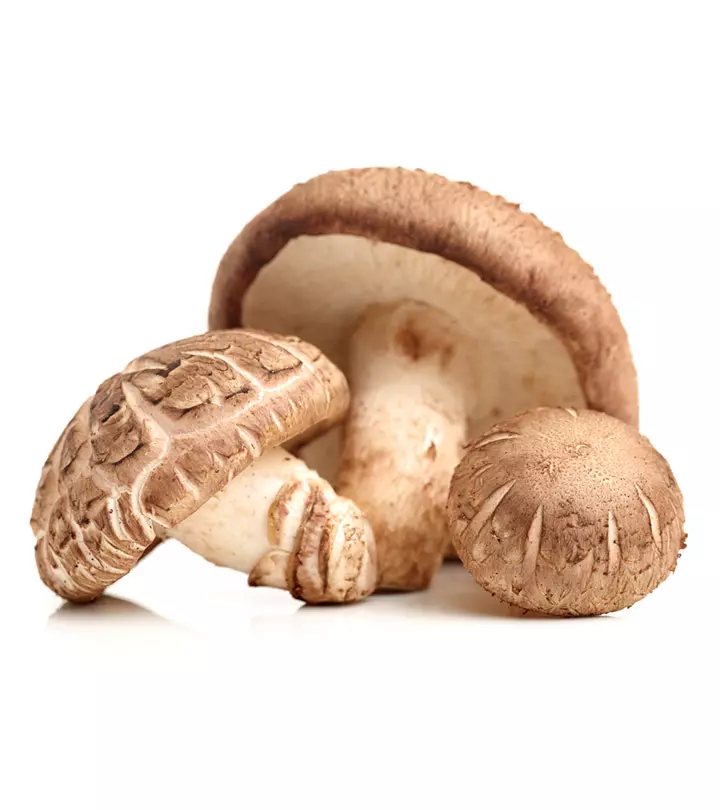
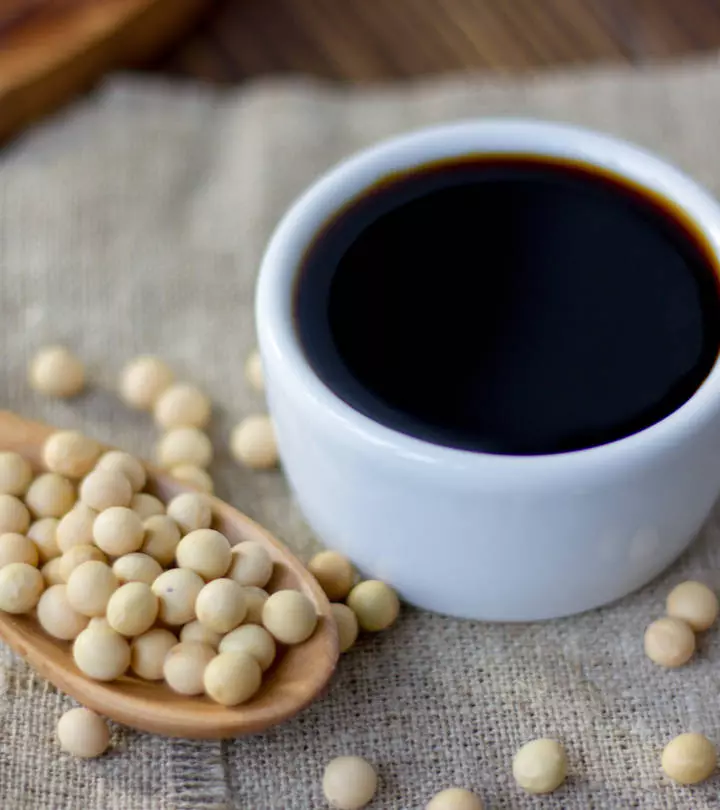
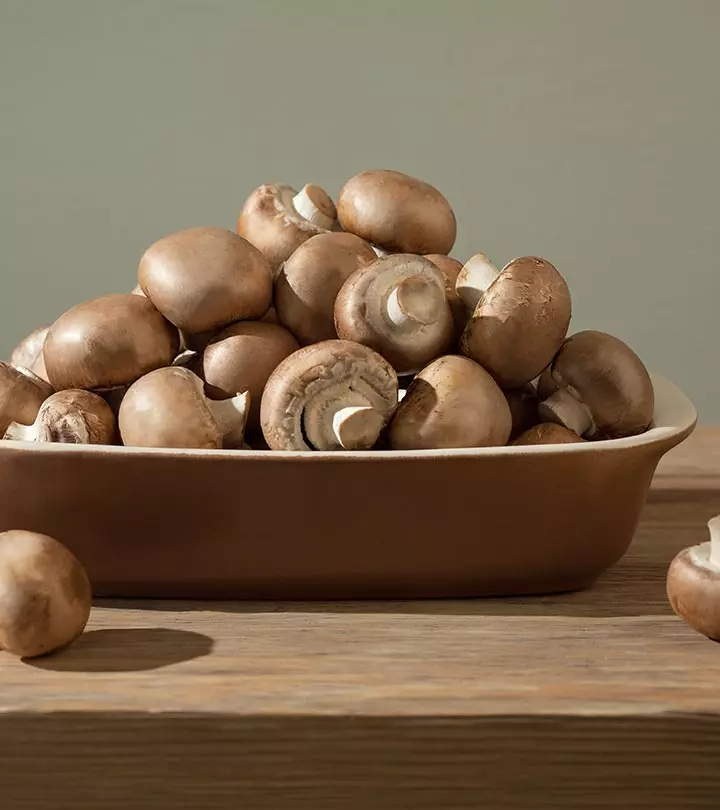
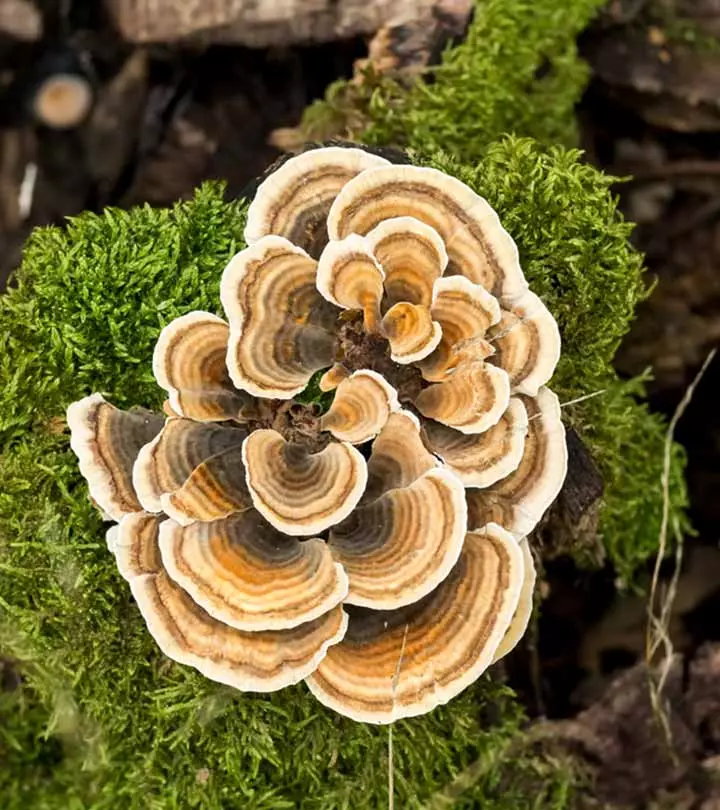
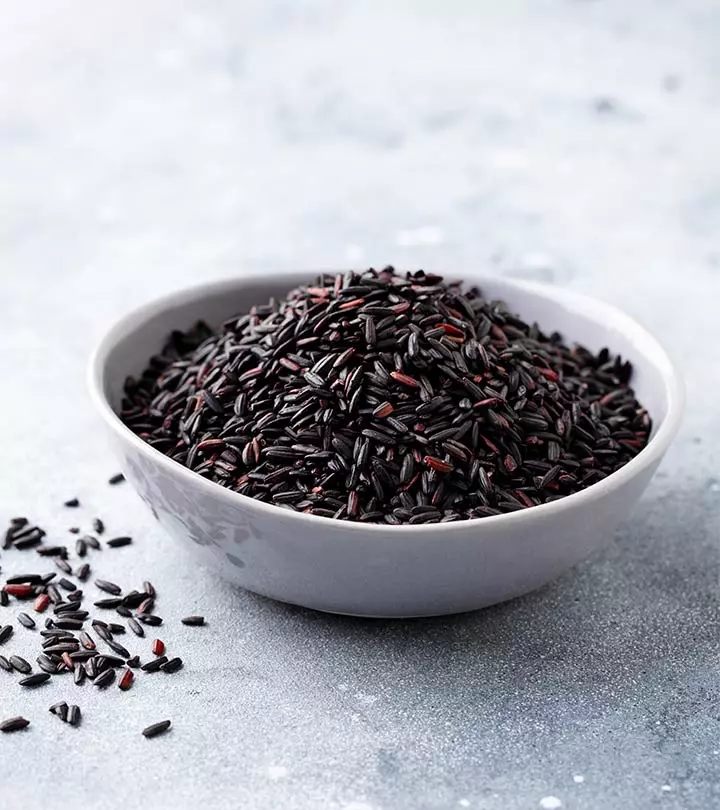
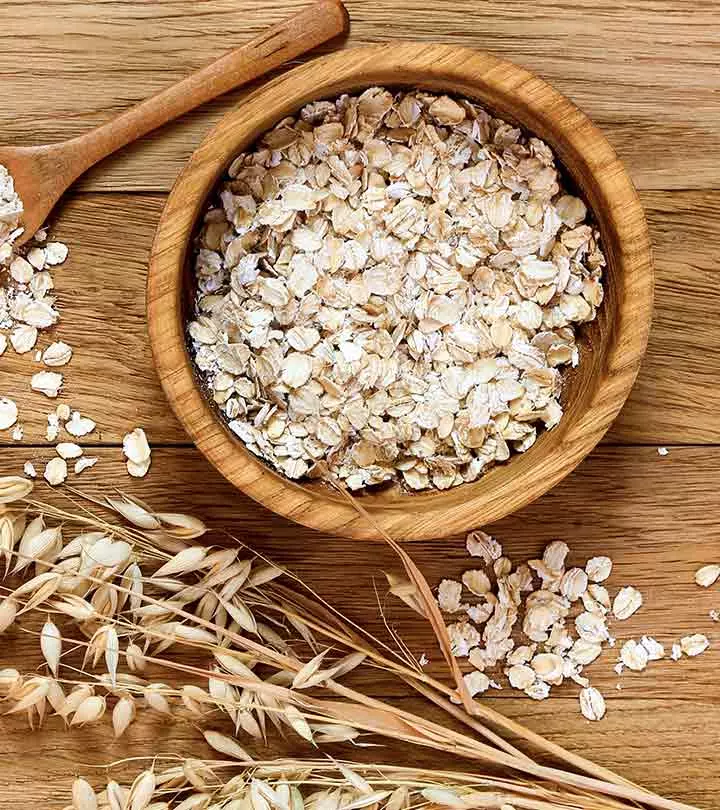
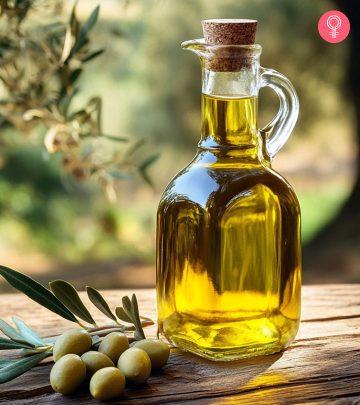
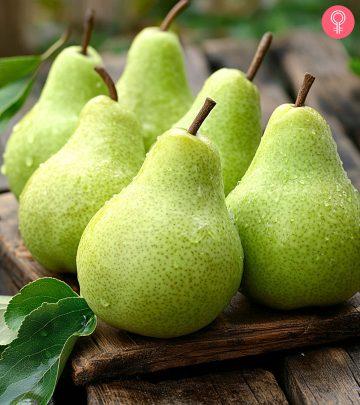
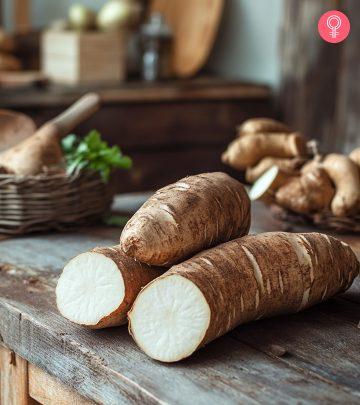
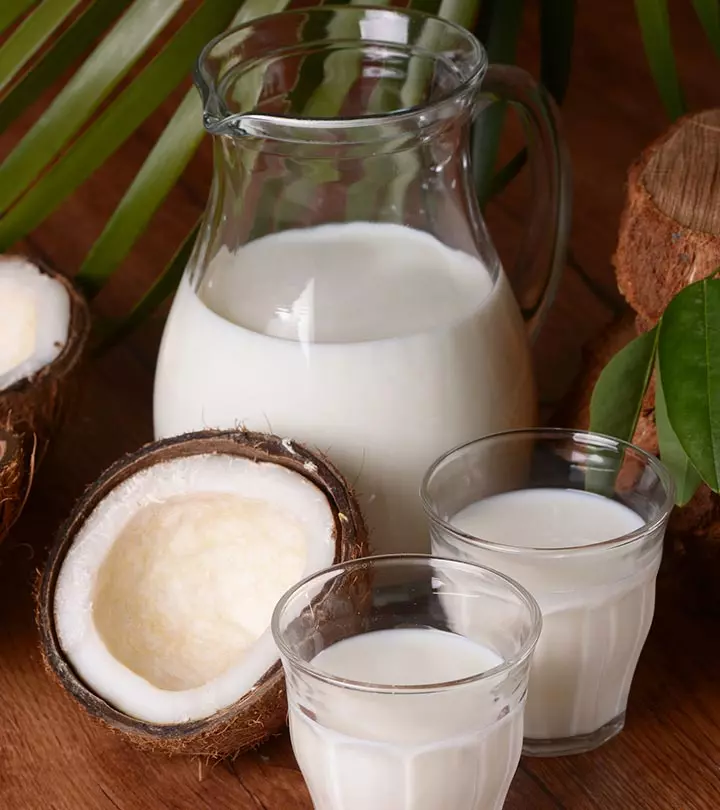



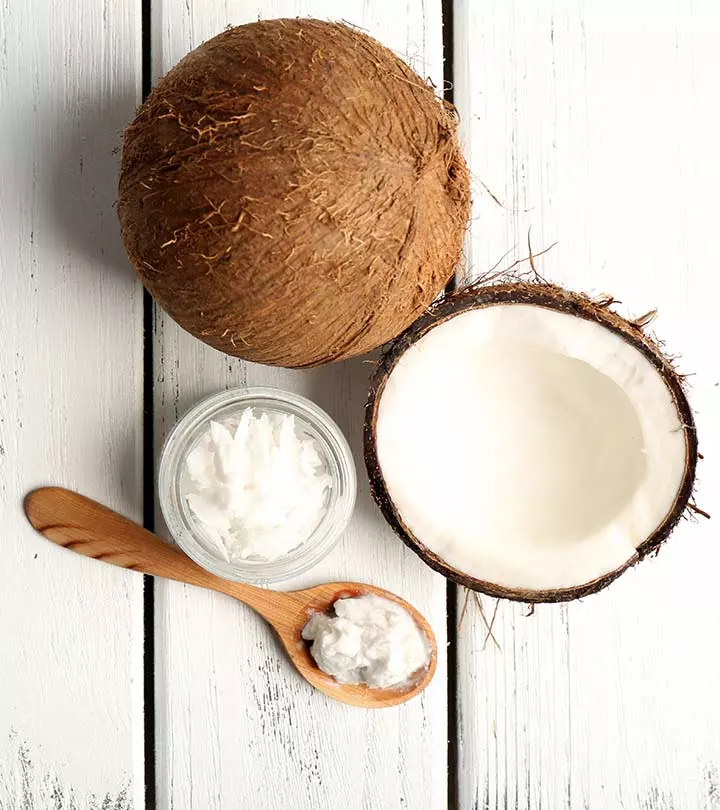
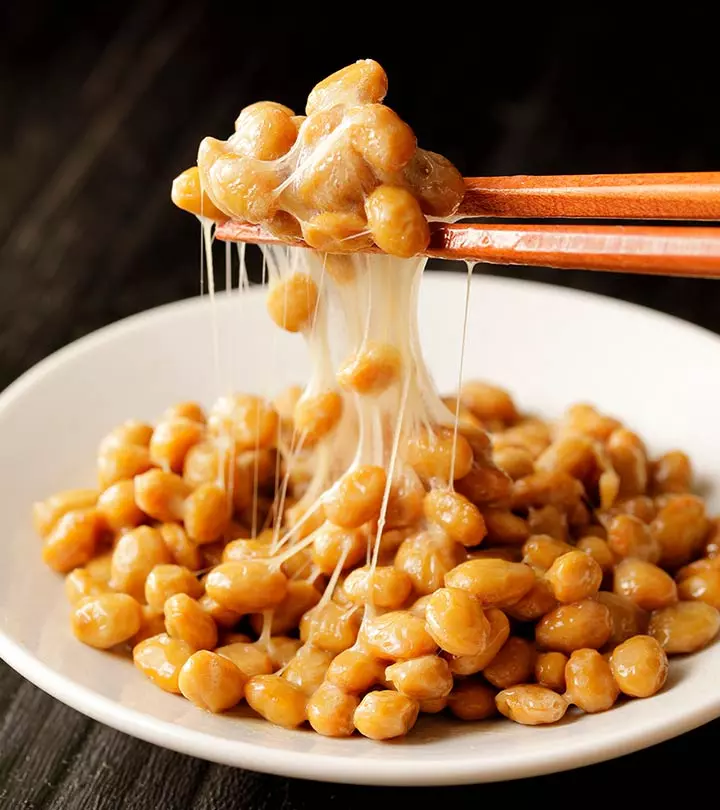
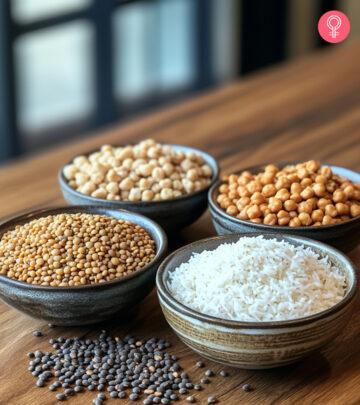

Community Experiences
Join the conversation and become a part of our empowering community! Share your stories, experiences, and insights to connect with other beauty, lifestyle, and health enthusiasts.